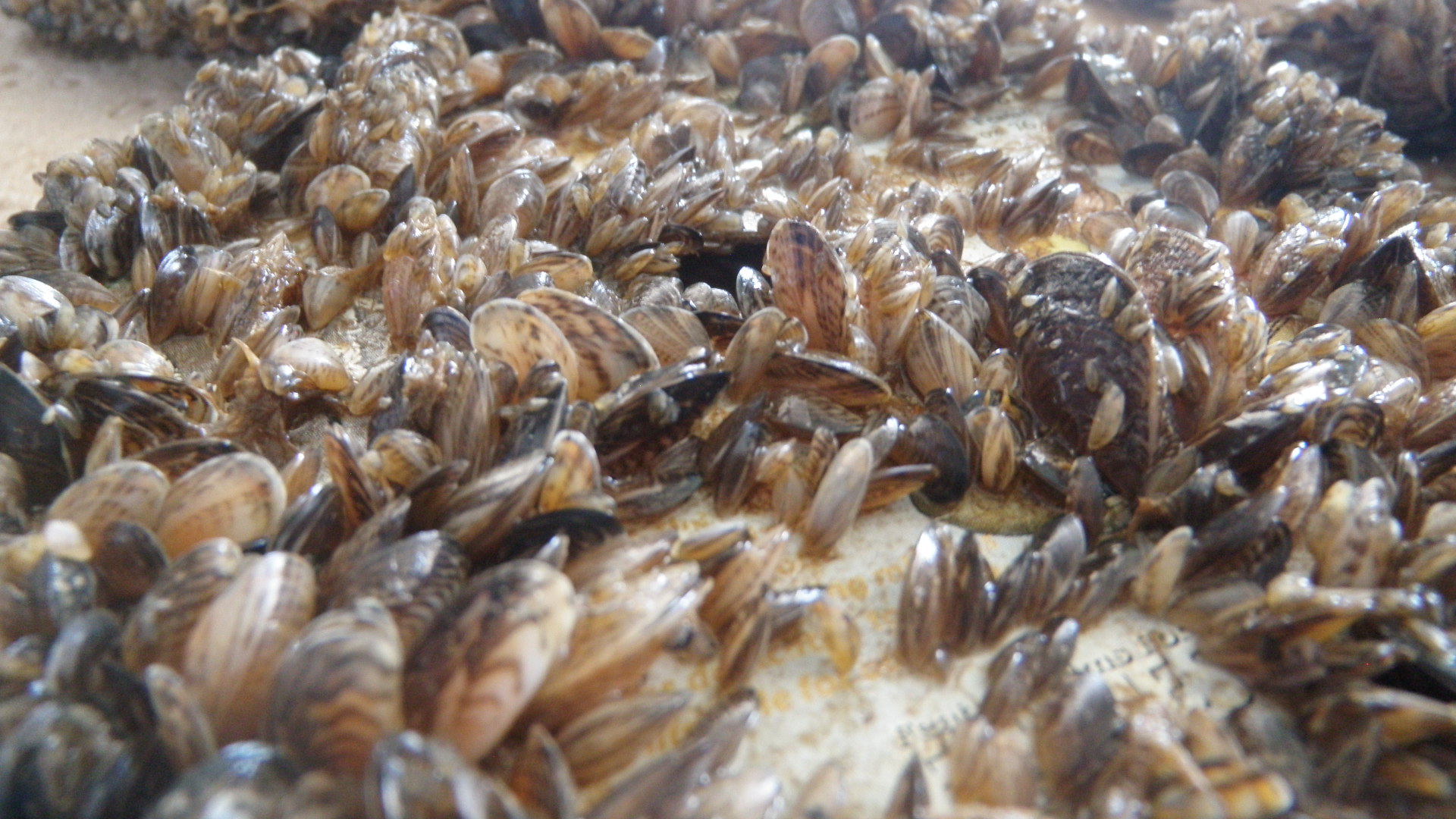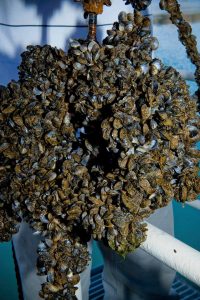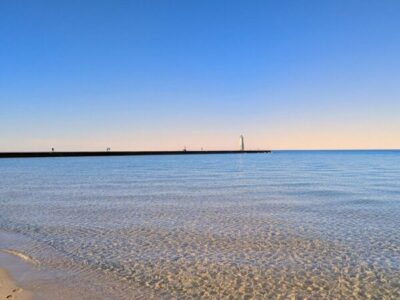
Researchers point to lower E. coli levels in Lake Michigan
Just as the beach season begins, a new study from Michigan State University says an aquatic invasive species that has taken over Lake Michigan has contributed to improved water quality at beaches on the lake.
The aquatic invader is the quagga mussel and there are an estimated 750-950 trillion of them in Lake Michigan. Because they feed on phytoplankton, a major food source for fish, water clarity has increased dramatically since their arrival, according to the researchers.
The increased water clarity has led to a significant decline in E. coli bacteria, the researchers say in the study published in The Science of the Total Environment.
- Coli bacteria may cause diarrhea, vomiting and stomach cramps that are short-lived and of minimal risk to healthy adults. But the risk for serious illness in children is considerably higher.
The measure of the amount of bacteria in nearshore water largely determines whether a beach is subject to a health advisory or is closed until E. Coli levels decline to acceptable numbers.
The study was conducted by Chelsea Weiskerger, a graduate student in Civil and Environmental Engineering at Michigan State and Richard Whitman, a retired scientist from the the U.S. Geological Survey.
In the study abstract, Weiskerger and Whitman say overall, “water clarity in Lake Michigan increased by 32 percent from 2000 to 2014” while “beach advisory frequency decreased by 40 percent” since quagga mussels became established in the lake.
The scientists say their findings “may have important public health, management and ecological implications.”
Wisconsin “hesitant to draw conclusions”
The Wisconsin Department of Natural Resources is cautious about making the connection.
“Our summary data does show a decline in the number of advisories when you compare data before 2009 and data collected since then,” DNR spokesperson James Dick told Great Lakes Now.
But he says “we would be hesitant to use our aggregated data to draw conclusions about the influence of invasive mussels on the number of advisories. Each beach is different.”
Dick says rainfall and the number of birds on a beach are the biggest influence on the number of advisories.

Elizabeth Alm, Microbiology Professor at Central Michigan University, Photo by cmich.edu
Professor Elizabeth Alm at Central Michigan University told Great Lakes Now that “E. coli themselves are not the issue.”
She said they’re “a relatively easily detectable indicator for other potential harmful pathogens that may remain present even if E. coli isn’t detectable.”
Alm is a microbiologist who specializes in pathogen research in aquatic environments at Central’s Institute for Great Lakes Research.
She said the study authors provided a valuable narrative on the complexity of beach systems and the influences on their health.
Central Michigan’s Don Uzarski directs the Institute for Great Lakes Research and he doesn’t want beachgoers to take away from the study that quagga mussels are somehow of value to Lake Michigan even if they reduce E. coli bacteria.
He says the increased water clarity jeopardizes the fishery and concentrates toxicants and nutrients on the bottom which can be a pathway to fish tissue.
“Quagga mussel presence in our aquatic ecosystems should not be viewed as a positive in any way,” Uzarski says.
Michigan’s Department of Environmental Quality has extensive data on beach monitoring and health. In 2017, 103 of Lake Michigan’s 293 public beaches were monitored for water quality. Detailed information is on the MDEQ website.
Featured Image: Quagga mussels, Photo by L. Elwell via nps.gov
1 Comment
-
So now we have mussels but no native fish. Is this a good thing just so we can swim?





